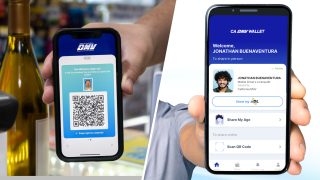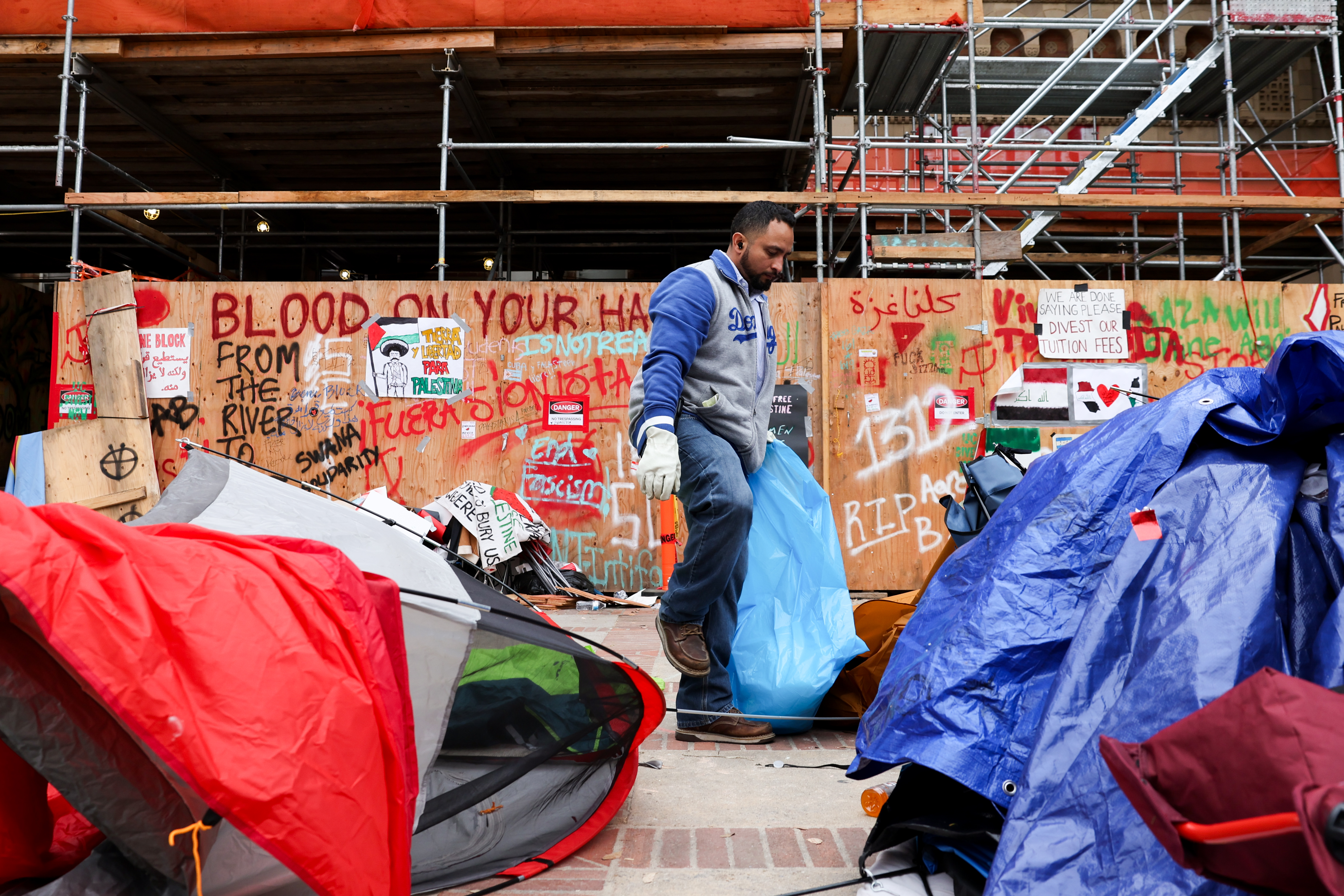
The DMV is currently testing a mobile app that will allow Californians to upload their driver's license or ID to their phones.
California’s DMV Mobile Driver License (MDL) pilot program currently includes more than 2,000 participants who are actively using the service and providing feedback.
DMV media relations office told NBCLA the pool of pilot participants is set to expand over the coming weeks before a broader public rollout.
“The mobile driver’s license will be available in a DMV Wallet on your smartphone as an easy, secure, and convenient companion identification to your physical card,” said Anita Gore, Deputy Director of Public Affairs Office of DMV Media Relations.
Get Southern California news, weather forecasts and entertainment stories to your inbox. Sign up for NBC LA newsletters.
Currently, the only states that have rolled out the digital card are Arizona, Colorado, Louisiana, Mississippi, Georgia, Hawaii, Ohio, Utah, and Maryland.
TSA is one of the agencies collaborating with various DMV's across the country to provide passengers a faster and easier way to travel.
"As TSA continues to integrate new technologies for a faster, easier travel experience, we've collaborated on several innovative digital identity initiatives, which work in place of a physical ID or boarding pass," stated the official TSA website.
Local
Get Los Angeles's latest local news on crime, entertainment, weather, schools, COVID, cost of living and more. Here's your go-to source for today's LA news.
The California MDL is only being accepted at selected international airports, including San Francisco, Los Angeles, San Jose, and 26 other airports in the country.
According to the DMV, selected businesses that use TruAge identification to verify their customers' ages are also able to use the MDL.
“Because not everyone accepts an MDL yet, customers must also carry their physical card. The DMV continues to work with interested groups to encourage acceptance of the MDL," Gore said.
The DMV also said that the MDL will only share necessary and selective information to allow additional privacy protections for Californians.



